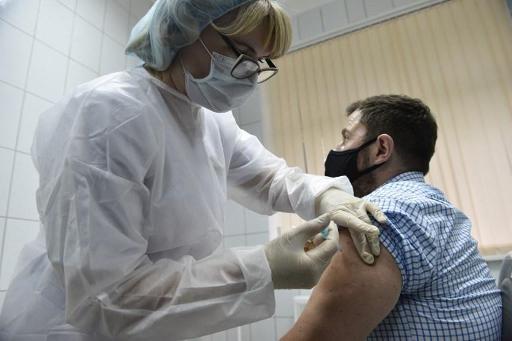The Lancet, the medical journal that published the results of the Russian Sputnik-V vaccine trials, has asked for clarification from the developers after the plausibility of the results was called into question.
The study's main author, Russian researcher Denis Logounov, quoted by the state-run news agency RIA Novosti, rejected the accusations and stressed that The Lancet had had access "to all the data collected during the scientific research."
In an open letter to The Lancet, dated 7 September and signed by some thirty mainly European researchers, Italian scientist Enrico Bucci questioned the plausibility of the data in the article published on 4 September by The Lancet, signed by Logounov and his colleagues.
The study indicated that Sputnik-V triggered an immune response and did not cause any serious adverse effects.
Since then, Moscow has begun testing the vaccine on 40,000 inhabitants of the capital.
Bucci, who works and teaches at Temple University in Philadelphia, points in his open letter to "potential inconsistencies in the data" as published in the article.
Related News
- 'No serious side effects' so far for Russian coronavirus vaccine
- Russia starts final trials for Sputnik-V coronavirus vaccine
He deplores the lack of access to the original data of the Russian trial and believes that the article published in The Lancet "raises several concerns.”
Bucci noted that in some of the experiments, the data from the volunteers who tested the vaccine were either completely similar or very similar, which he considers "highly unlikely.”
In response to the open letter, the British review "invited the authors of the Russian vaccine study to respond to the questions raised” and assured that they “continue to follow the situation closely.”
The Russian work was evaluated before publication by an independent scientific committee of experts on Covid-19 and vaccines, The Lancet reminded AFP.
Even before the publication of these initial results, Vladimir Putin said in early August that his country had developed the "first" vaccine against Covid-19.
This statement was met with suspicion by the international scientific community, in the absence of data and when the final phase of the trials had not yet begun.
The Brussels Times

